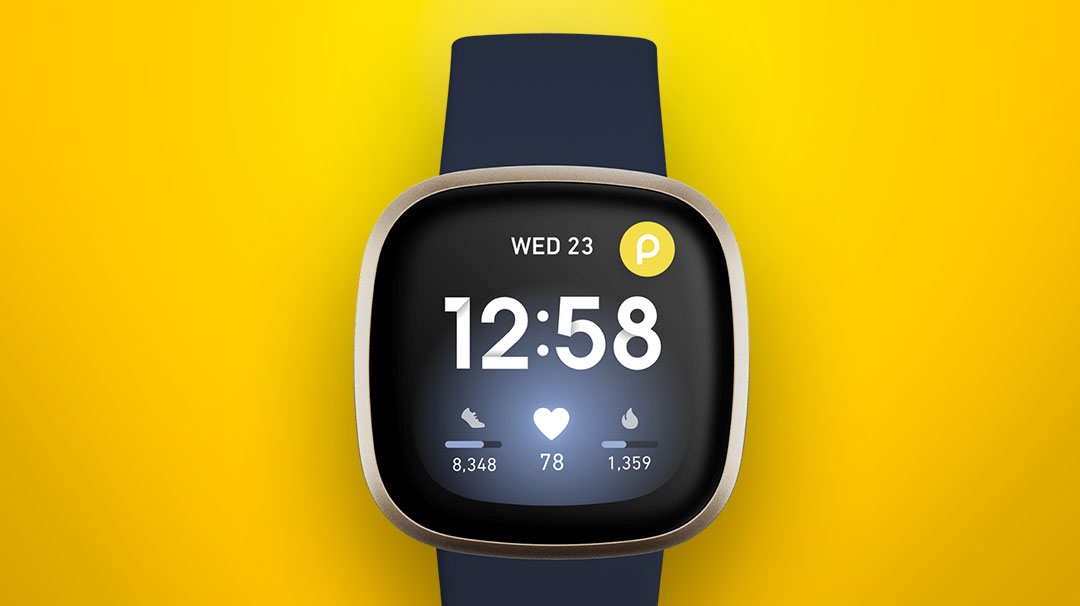Hello, I’m Eliza Foltz, and today I’m especially excited to delve into a topic that aligns beautifully with Pretaa’s mission and my personal experience. Pretaa is deeply committed to revolutionizing mental health and Substance Use Disorder (SUD) treatment through innovative, evidence-based solutions. As it turns out, wearable technology like fitness trackers has a lot to contribute to this mission, as I can personally attest.
The transformative power of fitness trackers has been garnering more attention recently. For instance, a Wall Street Journal article highlighted how simply wearing these devices could significantly influence healthier lifestyle choices. University of South Australia research provides hard numbers, showing that fitness tracker users walked an additional 1,800 steps and devoted 40 more minutes to walking each day.
These discoveries are highly relevant to Pretaa’s mission, given the established link between physical activity and mental health. Walking, for example, triggers endorphin release, a biological response that can have therapeutic implications for those navigating the complexities of mental health recovery or SUD treatments. These physical improvements can lead to mental health benefits, closely aligning with Pretaa’s focus on holistic well-being.
The goal-setting and tracking functionalities of fitness trackers also dovetail with Pretaa’s emphasis on evidence-based treatment. Attaining ‘micro-goals,’ whether it’s step counts or sleep quality, can deliver a much-needed boost in self-esteem and offer tangible metrics that signal progress. These outcomes resonate with Pretaa’s data-driven methodologies.
One of the most enlightening revelations is the community-building aspect of wearable technology. When fitness trackers are integrated into family or support group settings, they foster a collective awareness of each member’s activity levels. This aligns beautifully with Pretaa’s community-centric approaches, demonstrating that achieving optimal health is often a collective endeavor.
Now, let me add a personal touch. Wearing a Fitbit has been transformative for my life. I started to see my step count not just as a number, but as an achievement, a tiny victory in the grand scheme of life. The excitement I felt when hitting or exceeding my daily target turned out to be incredibly empowering. The device did more than measure physical data; it sparked a new relationship with my body and mind, encouraging me to strive for holistic wellness that has far exceeded anything I could have ever envisioned when I put that device on the first time.
In summary, the burgeoning potential of fitness trackers as not just wellness gadgets but also as life-changing tools for mental health and substance use recovery shouldn’t be underestimated. They offer a promising supplemental approach to Pretaa’s robust, evidence-based treatment programs. And speaking from personal experience, the confluence of these technologies and methodologies could be just what we need to take that next step—literally and metaphorically—toward comprehensive health and wellness.

